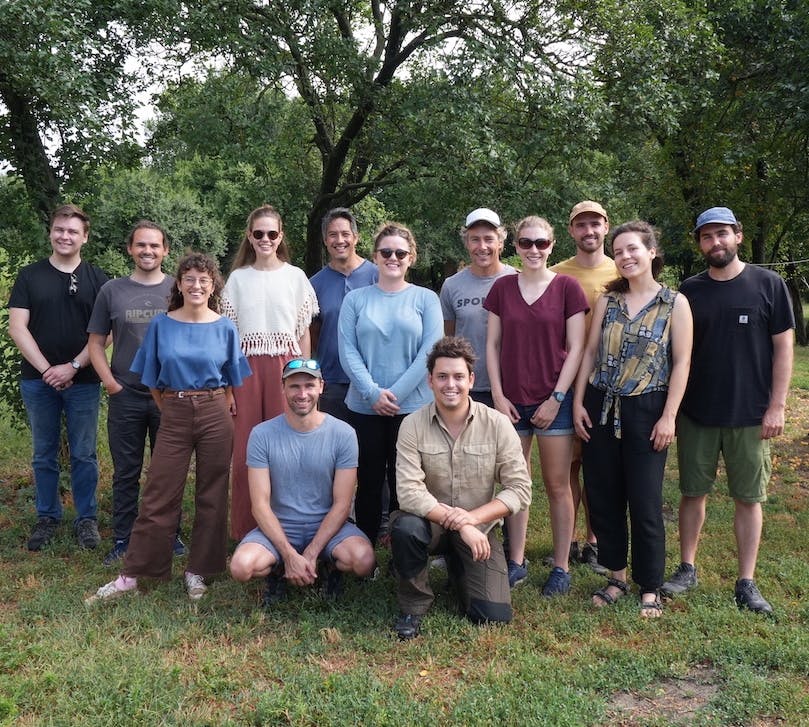Mossy Earth has as its main objective to create independent and sustainable long-term funding mechanisms for impactful rewilding and conservation projects. Our core focus is to help restore, protect and enhance a wide range of important and threatened wild ecosystems through a process that is transparent and enjoyable for our members.
The choices we made when setting up Mossy Earth were premeditated and follow a reasoning which we want to explain further in this methodology. This is an in-depth breakdown of how we think, so be ready for a long read!
Our organisational structure
We are incorporated as a private limited company in the United Kingdom. We are not a charity and the Mossy Earth membership is not a donation.
There are many reasons why we chose to incorporate as a company instead of an NGO or charity. However, before we get into the nitty gritty, I would like to note that this is simply our choice. It’s how we feel we can have the greatest impact, not about how others should manage their projects. There are many fantastic NGOs out there including many of our rewilding partners so please keep that in mind when reading the rest of this methodology, this is about us.
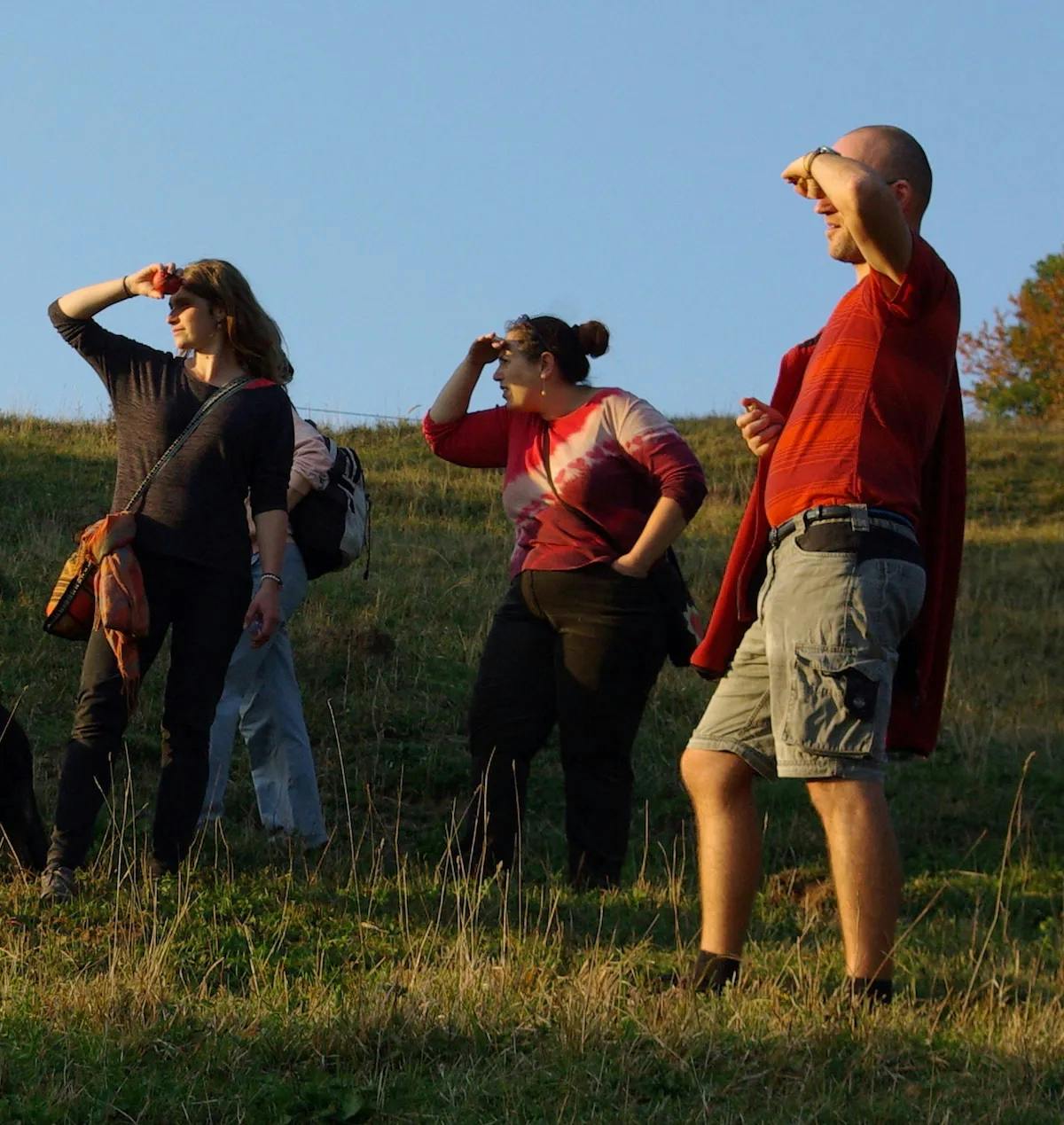
Why we are not an NGO
NGOs are different from normal companies and the government in two crucial ways. Firstly, an NGO does not pay taxes and its revenues or investments are tax deductible. Secondly, NGOs are privately managed, and their spending is not subject to management by democratically elected individuals. This mechanism is something that Matt, who co-founded Mossy Earth, and me find flawed and decided to avoid for our organisation.
The concept of an NGO became widespread as a solution to appease the anger at the significant inequality between the factory workers and the first industrial capitalists of the 19th century who accumulated extreme levels of wealth. By creating an entity seen as a benevolent redistributor of welfare, the wealthy individuals that first came up with this concept were perceived as great benefactors to society, whilst still controlling exactly how their money was spent. This is something that persists to this day. “Winner’s take all” by Anand Giridharadas covers this issue as well as other problems with NGOs and social enterprises.
It goes without saying that, when used correctly, the NGO model can achieve amazing results, it just did not feel like the right structure for us.
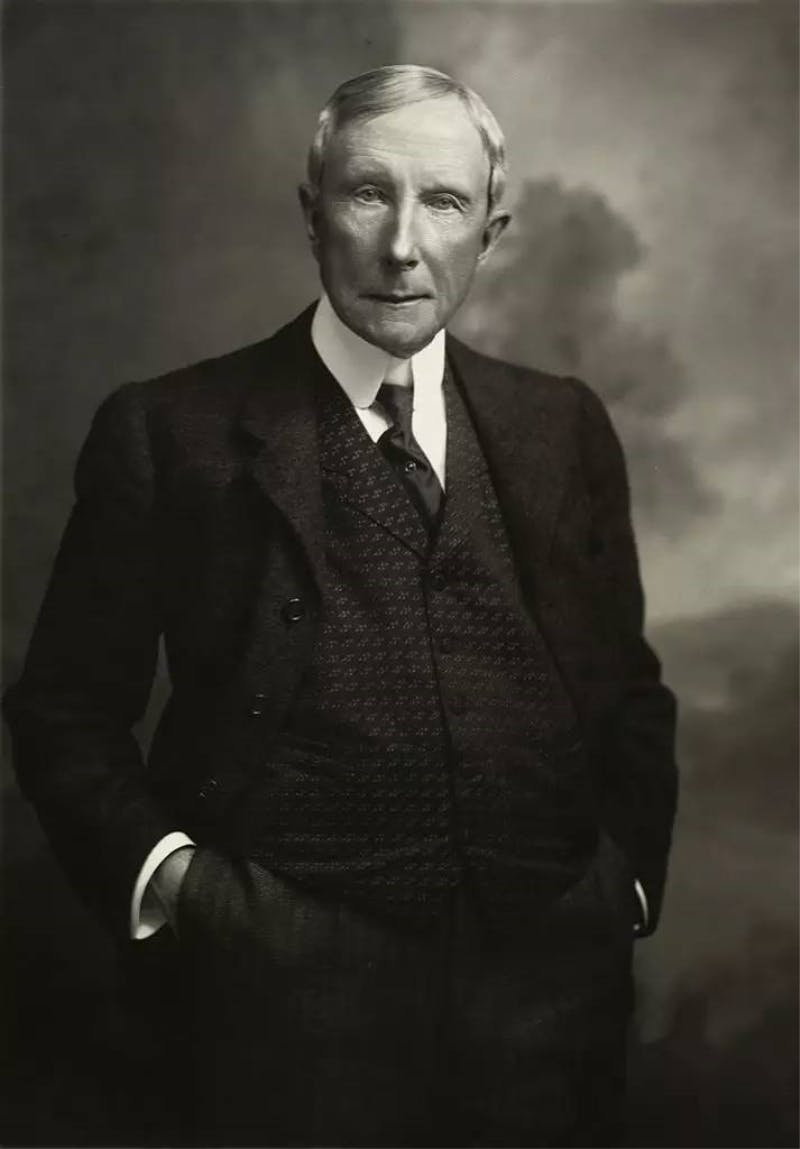
Distributing wealth democratically
Someone who accumulates wealth is usually taxed significantly more than the average citizen. Their tax payments are then added to government budgets and spent by the elected individuals in government at that time. This process ensures, or at least tries to ensure, that the money accumulated through everyone’s contribution is spent democratically. By this we mean that the elected individuals should follow the programs on which they were elected and thus the resulting policies should be the closest to what most of the population wants. In practice, this management is far from perfect and not always democratic, but it's something we can work on together. Much like democracy itself, it has its flaws but it’s the best we have.
The tax deductible nature of NGO and charity structures effectively create an alternative and competing mechanism for this process. Wealthy benefactors can avoid taxation and on top of that retain control over their money in some form.
Picture this: You are rich and your investment portfolio is booming. You can expect a hefty tax bill and once the money leaves your account you no longer have control over it and it passes into the hands of the elected government. However, if you were to set up a foundation in your name and then donate to it, you could still sit on the board or be the managing director and effectively call all the shots and do as you please.
The key issue is that by receiving tax deductions for their donations, these individuals can pay less taxes into the pool of money that is managed democratically and instead put their wealth into organisations and causes where they have a higher degree of control. This point is crucial, I think individuals should be able to accumulate fortunes and spend them how they please but this should never be to the detriment of the democratic wealth redistribution mechanisms (taxes). If you want to support a cause why not pay all your taxes first and only then use your money to support your favourite cause? It seems like a no-brainer to me and our organisational structure reflects this.
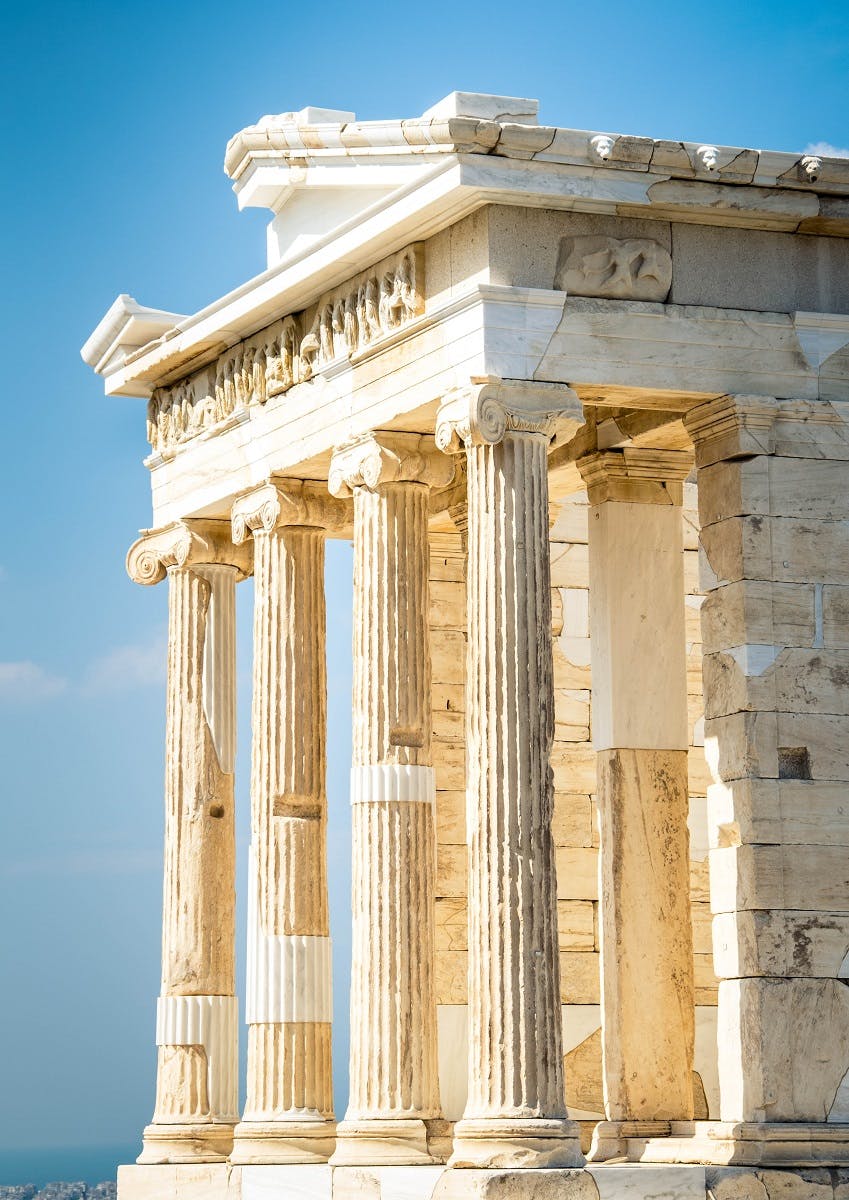
Proudly bootstrapped and fiercely independent
Regular limited companies also have many flaws and some can get in the way of impact in the long run. Let’s address some.
Who owns a business defines the priorities in the long run. In recent years we have seen a rush to plant trees and capitalise on the interest in nature restoration. This leads to the rise of many for profit carbon offsetting and climate solution companies. Often these companies receive tens of millions in investment which then begs the question is this an investment which expects a return? I would bet my trusty blue hat that they do. This creates some pressure and might misalign incentives in the long run. It also leads to a lot of corner cutting. Many of these organisations are mere middleman that take a cut and move money along. What is the point? I think if you are doing something you should add real value and do things properly yourself.
We are not owned by any fancy investors or a singular rich person and thus not beholden to any external influence. Me and Matt started Mossy Earth with 300 euros and have taken our time to grow sustainably without cutting corners. Our team owns 100% of Mossy Earth and that will never change.
We are proudly bootstrapped and fiercely independent and intend to stay that way.
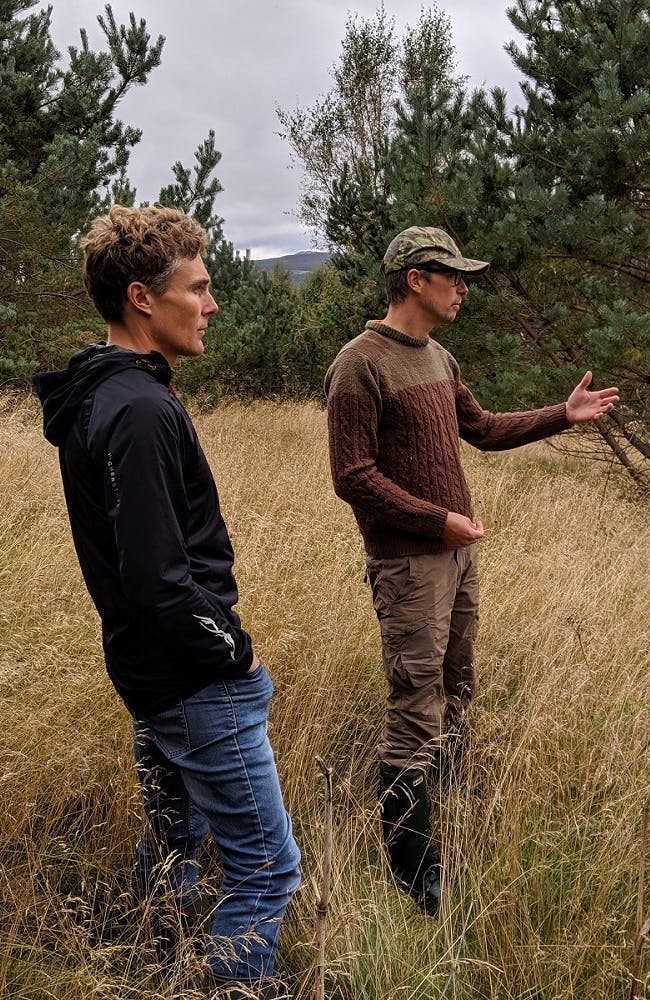
Transparency and accountability
Now you know who owns Mossy Earth but this does not prevent us from spending our funding in inappropriate ways. Which is why transparency and accountability are key.
We have a whole methodology written about this (it is longer than this one I’m afraid). If I had to summarise it to give you a taste, I would say the following:
The public is quite used to reports showcasing how much money was raised and how it was spent. This can provide some insight but does not actually guarantee or prove the on the ground impact. It only tells you how the money was spent and not what the resulting impact was.
Our goal is to not only report how we spend our money (which we do in a database and in quarterly reports) but also build the necessary infrastructure so that every individual that contributes to our projects can verify their impact themselves. This includes publishing detailed management plans for each project, the GPS coordinates of our interventions, any relevant maps, before and after 360-degree photos and on the ground videos. We keep our members up to date with update posts written by our biologists, project podcasts explaining our reasoning in more depth and our YouTube video updates. Our members can review all our actions, transactions and impact in an in-depth transparency dashboard which estimates our impact for each project using a results-based approach in partnership with conservation evidence. Finally, members can vote on certain project decisions and when all the information we put out is not enough, we are always available to chat on a call or on Discord.
Currently, we are working on some additional ideas such as satellite monitoring for area-based projects and hiring an external accounting firm to audit our spending.
Once again, you can read more in our transparency methodology page. Here is a view of our transparency dashboard.
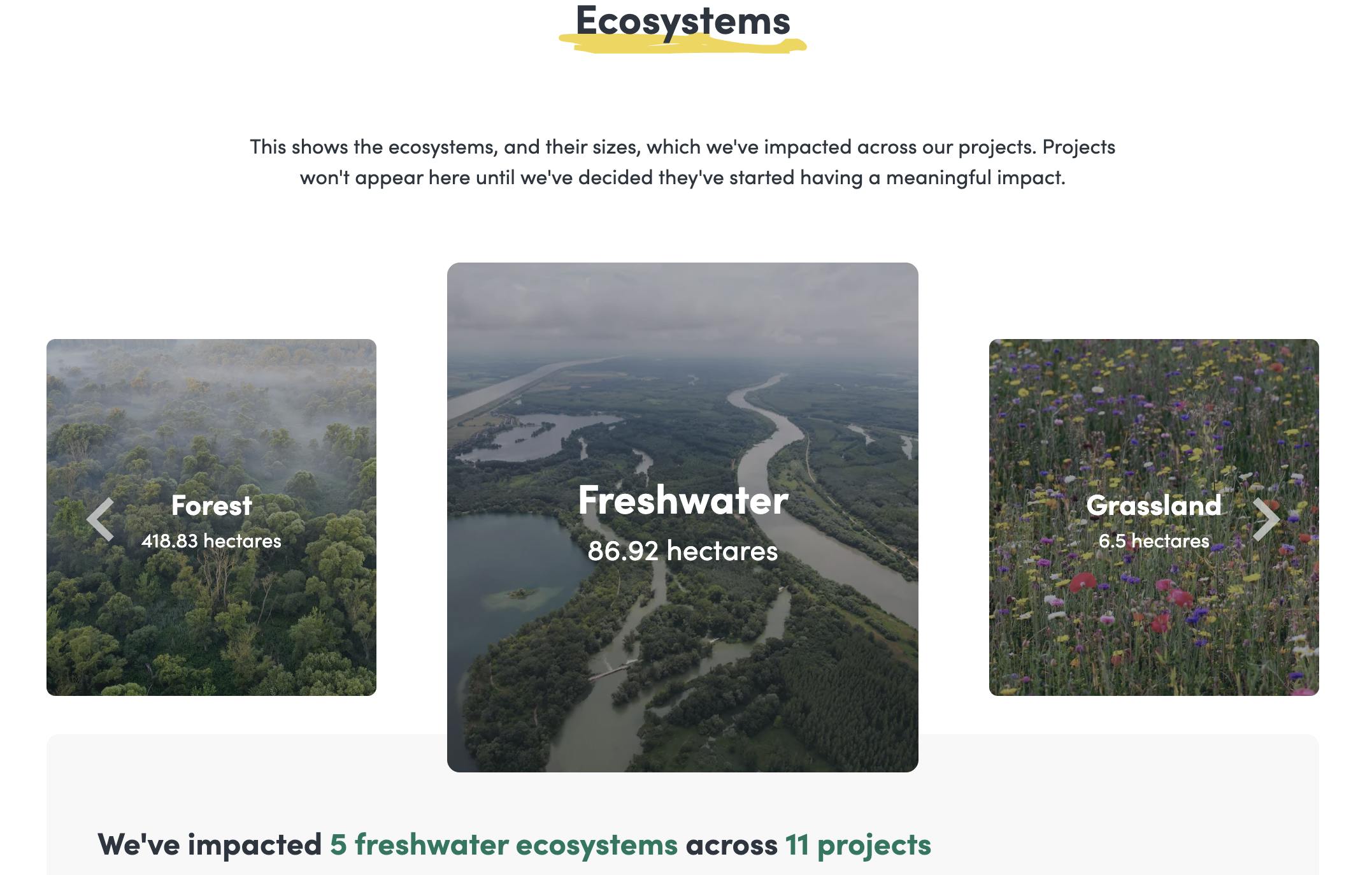
Some final extra reasons
In closing, there are a few extra reasons why we do things this way:
- We focus on creating a service that can stand as a long-term sustainable revenue structure depending on many individuals instead of just one source.
- The ability to compete and improve through the market forces us to create a better service.
- We believe it is important to showcase that nature and conservation can be considered an economically viable industry through the services sector.
I hope you enjoyed this read and that our reasoning makes sense to you!
